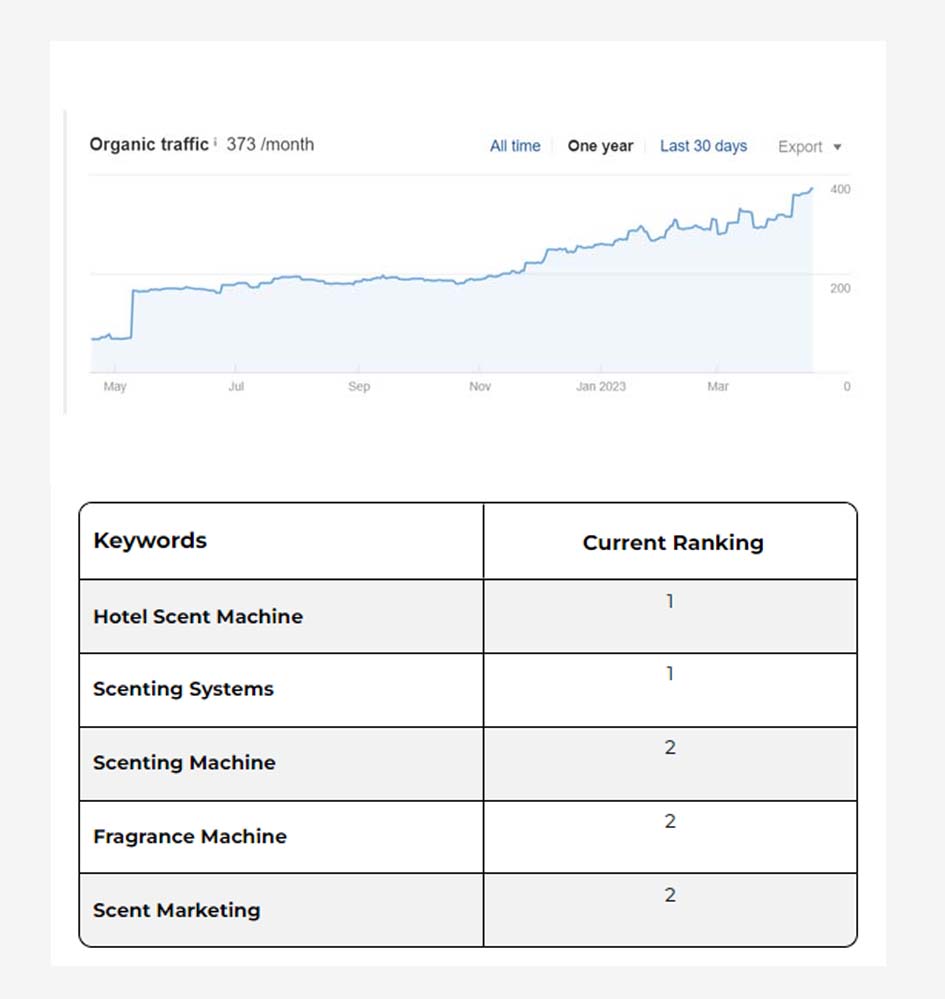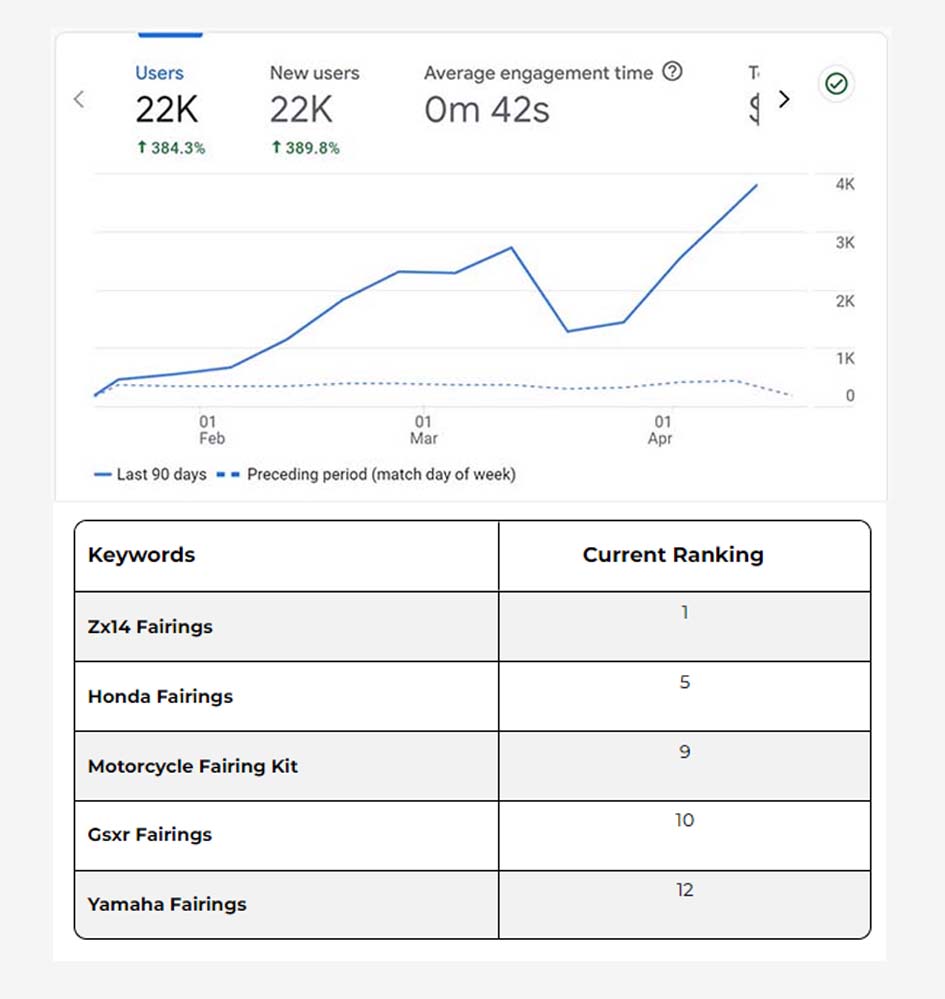The CMS is one of the best ones largely because of its search engine optimization features. SEO-friendly URLs and highly effective built-in taxonomy, which allows categorization, page titles, meta tags, and custom content types in Drupal, make it perfect for SEO.
Our SEO Drupal Process
It is a no-brainer that having a Shopify store is merely the first major step in getting your products in front of prospective customers. However, you need to deduce a well-defined SEO strategy to take it forward. That's where our comprehensive SEO Shopify process comes in. We've curated a 7-step process to optimize your Shopify store:
Then, we identify relevant keywords relating to the items or services offered by your Drupal store. This will assist you in optimizing the content and metadata on your website to target the right audience. After that, we identify the most relevant and high-traffic keywords to target using keyword research tools such as Google Keyword Planner, SEMrush, and Ahrefs.
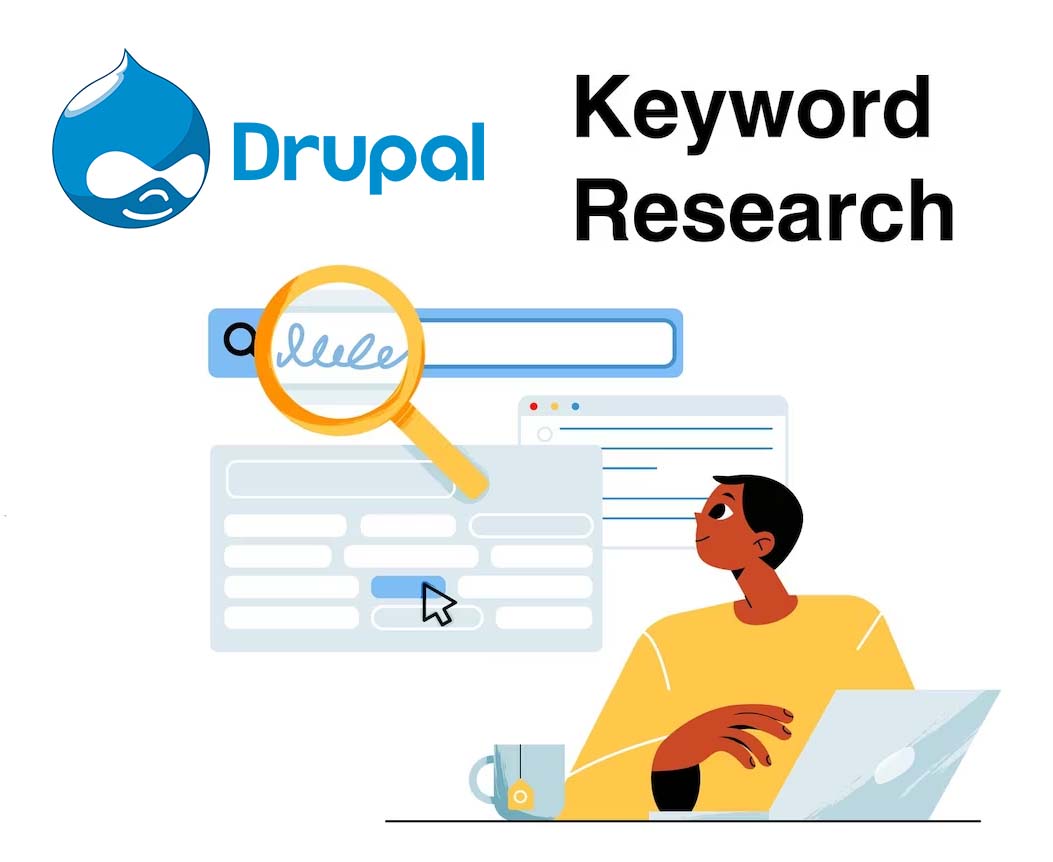
After completing the above steps, we check that your website's titles, headings, meta descriptions, and image alt tags are optimized for your desired keywords. We use the keywords naturally and avoid keyword stuffing because it can hurt the SEO of your website. We also use original, high-quality content relevant to your visitors' search queries and adds value to them.
To assist search engines in comprehending the structure of your website, include internal links to other relevant pages.

We perform a thorough website audit to detect any technical issues, crawl errors, broken links, or other on-page variables affecting your site's SEO performance. A website audit may be performed using Google Search Console and SEMrush.
We also identify any concerns with your website's performance, mobile friendliness, and security, as these variables might impact your website's search engine results.

We acquire quality backlinks from relevant and authoritative websites to boost your website's domain authority and search engine rankings. We also concentrate on developing backlinks from websites with a high domain authority score that are relevant to your industry. Since spammy backlinks can hurt your website's SEO performance, you should avoid them.

We use tools like Google Analytics and Google Search Console to track key metrics like traffic, bounce rate, and conversion rate to monitor and analyze your SEO performance. Consistently dissect your site's Web optimization execution to recognize regions for development and change your Web optimization methodology.

everal Drupal SEO modules can be utilized to improve the SEO performance of your website. The Metatag module, the Pathauto module, the XML Sitemap module, and the Redirect module are among the most well-liked Drupal SEO modules. You can make SEO-friendly URLs, manage redirects, and optimize your website's metadata with the assistance of these modules.
